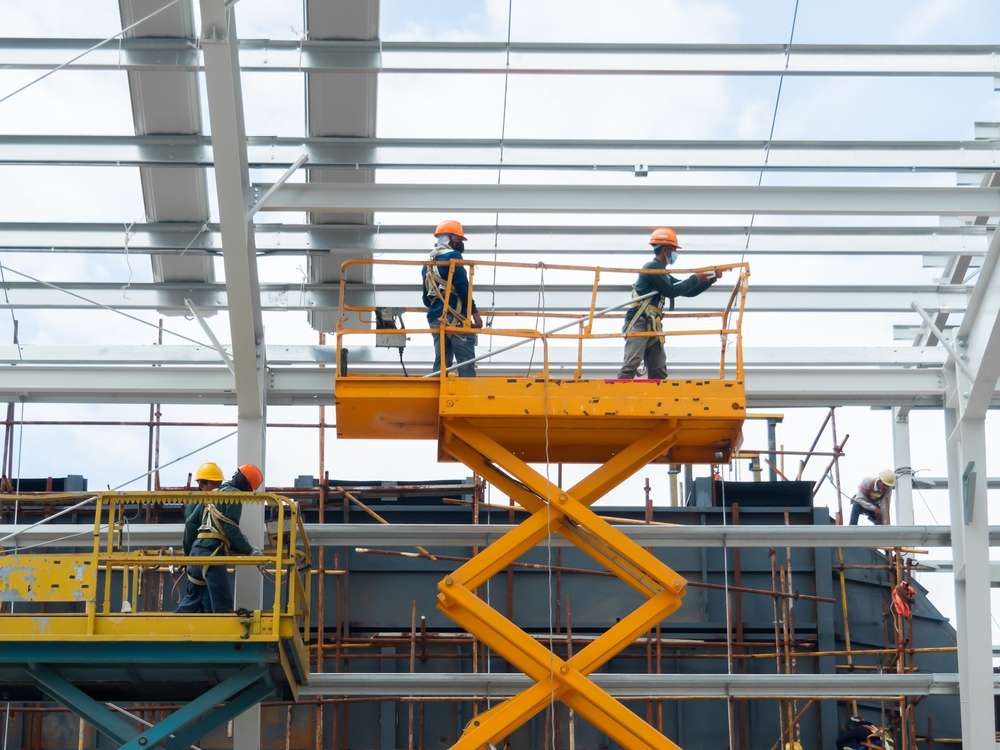Daily Duties, Safety Measures, and Communication Practices for Excavator Operators on Japanese Construction Sites in 2025
Excavator operators in Japan must balance safety and efficiency amid busy construction sites. Understanding their daily duties, strict safety procedures, and communication methods helps operators and supervisors maintain consistently high standards nationwide. This article explains these practices in 2025.

Primary Daily Responsibilities of Excavator Operators
In Japan, excavator operators hold a vital role in earthmoving and site preparation, forming the foundation of construction efforts. Their key duties generally include:
- Excavating Foundations and Trenches: Operators perform precise digging to establish stable bases for buildings, carefully following specified depths and grading requirements set by engineers.
- Handling Materials: Efficiently transporting soil, debris, and construction materials around the site.
- Preparing the Site: Clearing and leveling terrain to support upcoming stages of construction.
- Pre-Use Equipment Inspections: Conducting comprehensive daily checks to ensure machines are operational and comply with safety standards.
- Record Keeping: Maintaining detailed logs on equipment conditions, hours operated, and progress to assist management and meet regulations.
These responsibilities require technical skill, physical endurance, and meticulous attention to prevent work delays or hazards.
Detailed Safety Measures for Excavator Operation
Safety remains a paramount concern on Japanese construction sites, leading to strict protocols that operators must observe:
- Compulsory Personal Protective Equipment (PPE): Operators consistently wear hard hats, high-visibility vests, steel-toed footwear, and clothing suitable for weather conditions.
- Safety Meetings and Inspections: Workdays start with briefings reviewing hazards, emergency procedures, and project-specific operational guidance.
- Adherence to Operator Manuals: Strict compliance with safety instructions and decals in the excavator’s manual is mandatory, highlighting danger signals (red), warnings (orange), and cautions (yellow).
- Clearing the Work Area: Ensuring the site is free of unauthorized personnel before commencing operations to prevent incidents.
- Safe Familiarization with Controls: Operators practice control usage in a safe setting prior to excavation to reduce mistakes during actual work.
- Emergency Preparedness: Training equips operators to recognize hazard indicators and respond properly to immediate and potential threats.
By following these protocols, sites foster a safe working environment consistent with Japan’s construction safety expectations.
Communication Methods on Japanese Construction Sites
Given that Japanese construction sites often include multicultural teams, effective communication is essential for safety and coordination:
- Basic Proficiency in Japanese: Operators are expected to understand essential Japanese construction vocabulary to follow instructions and safety rules.
- Use of Standardized Hand Signals: These universal gestures help overcome language barriers and ensure clear communication during machine operation.
- Bilingual Signage: Safety signs displayed in Japanese and other languages help everyone understand hazards and site rules.
- Regular Coordination Meetings: Daily meetings align team efforts, update schedules, and address safety topics.
- Utilizing Translators: In cases of significant language differences, translators clarify instructions and emergency protocols to improve teamwork and reduce misunderstandings.
Robust communication is crucial for teamwork and accident prevention, especially in diverse working environments.
Working Conditions and Scheduling in Japan
Within the Japanese construction sector:
- Flexible Work Hours: Excavator operators may have varied shifts, including overtime or weekend work based on project needs.
- Adapting to Weather: Operators handle all weather conditions, from heat and cold to rain, utilizing appropriate PPE and durable machinery.
- Compliance with Noise Regulations: Strict noise control laws minimize disruption to nearby residents.
- Mandatory Rest Breaks: Labor laws require breaks to maintain alertness and reduce fatigue among operators.
Being aware of these factors helps operators balance workload and maintain productivity while protecting their health.
Certification and Training Requirements
Typically, operators in Japan are required to:
- Hold a Valid Heavy Equipment Operator License: Demonstrating technical competence.
- Obtain Relevant Safety Certifications: Covering equipment handling and site safety procedures.
- Maintain Physical Fitness: Due to the demanding nature of prolonged machinery operation.
- Develop Basic Japanese Language Skills: Facilitating effective communication with team members and compliance with local standards.
- Commit to Ongoing Education: Staying current on evolving safety guidelines and technological advancements related to equipment.
These qualifications uphold the high professionalism expected on Japan’s construction sites.
Documentation and Reporting Duties
Excavator operators must keep accurate and timely records, including:
- Equipment condition logs noting inspections and maintenance needs.
- Reports detailing work performed and any operational challenges.
- Safety incident reports for accidents or near misses.
Thorough documentation supports regulatory compliance and helps optimize project management.
Integrating into Japanese Workplace Culture
Operators are expected to embrace Japanese workplace values, which emphasize:
- Collaboration and teamwork among diverse crew members.
- Respect for hierarchical structures and established communication channels.
- A continuous commitment to improving skills and safety awareness.
Aligning with this culture helps operators seamlessly integrate and perform effectively within their teams.
To conclude, excavator operators on Japanese construction sites in 2025 juggle complex daily tasks with a firm safety-first approach and rely on clear communication methods. By meeting professional standards, adjusting to work conditions, and cooperating within diverse teams, they contribute to safe and efficient construction projects throughout Japan.
Sources
- Link-Belt Excavator Operator’s Manual (2025).
- Yokota Air Base Civil Engineering Squadron Vacancy Announcement (2025).
- Industry insights on Excavator Operator duties and safety protocols in Japan (2025).
Disclaimer: This article offers general information regarding excavator operator responsibilities, safety protocols, and communication practices in Japan. Specific job requirements, safety standards, and work conditions may vary by employer, location, and project. Readers should confirm details with local authorities or employers to obtain current and applicable regulations.




